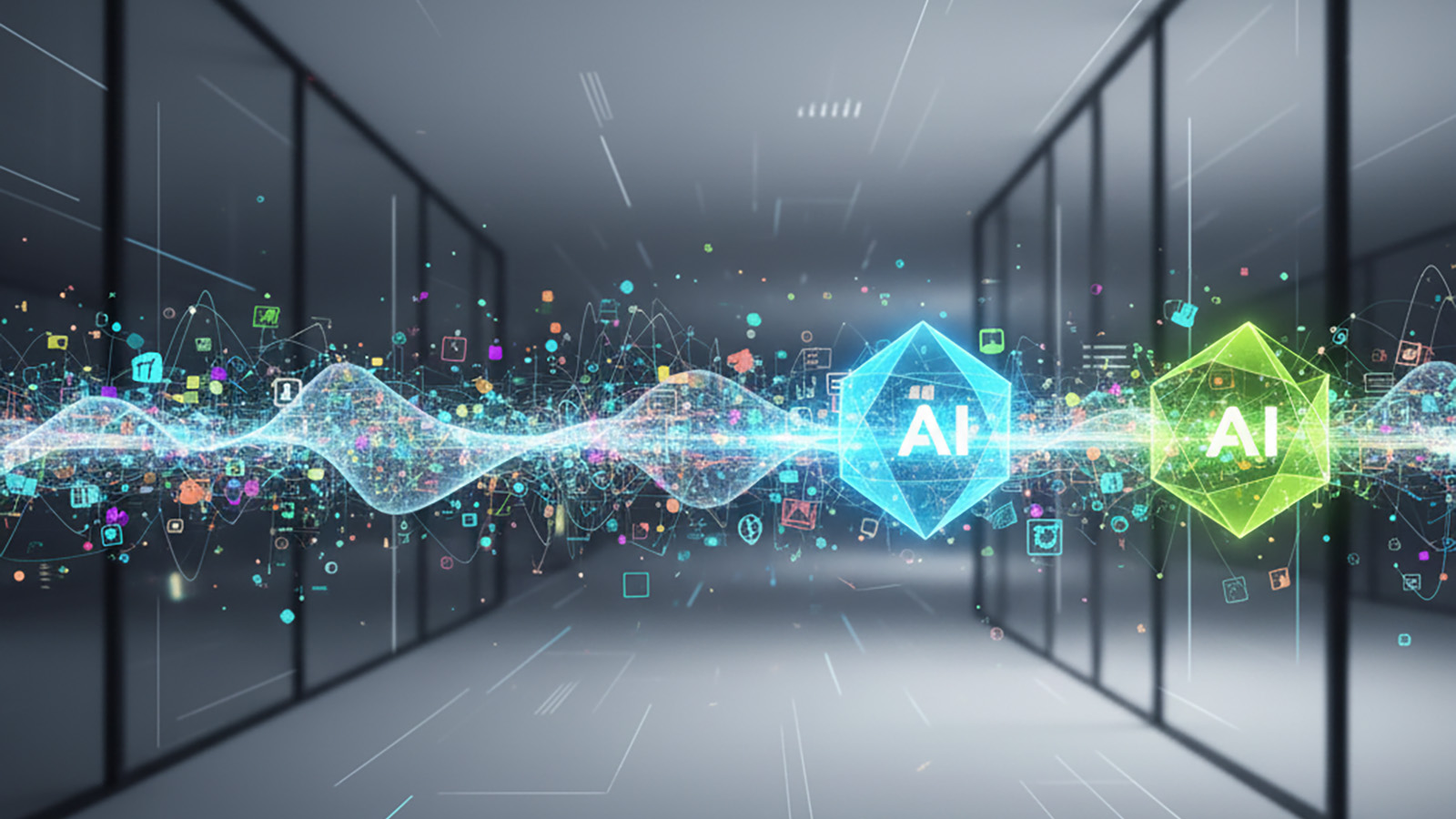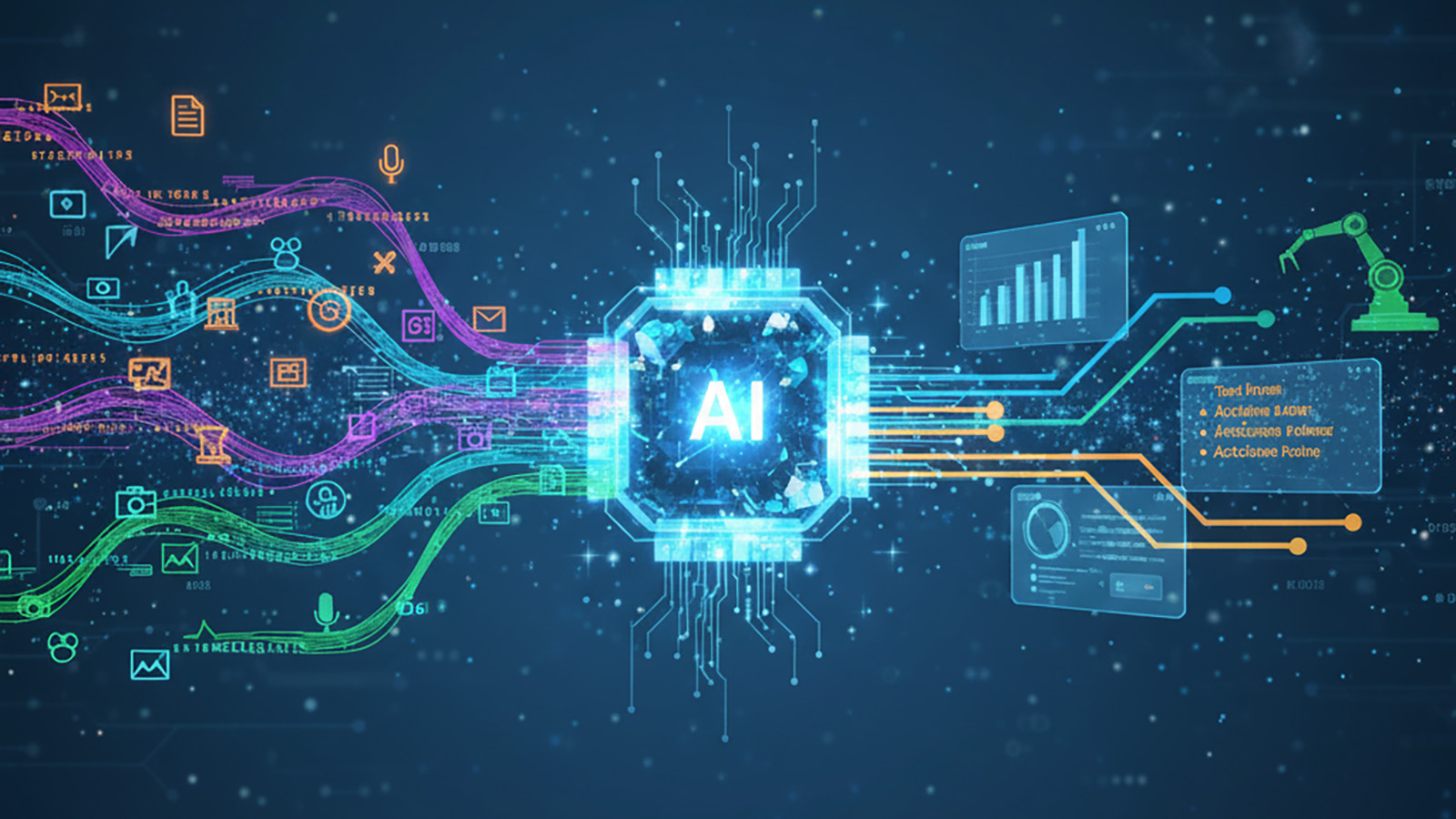Introduction
Artificial Intelligence is no longer just about building general-purpose models. Today, organizations are realizing the value of task-specific AI agents — specialized systems that excel at solving well-defined problems. Whether it’s automating customer support, analyzing financial data, or generating product recommendations, task-specific agents bring precision, efficiency, and reliability to businesses.
Why Task-Specific Matters
Unlike general-purpose AI tools, task-specific agents are designed with narrow focus and deep expertise. This focus allows them to:
- Deliver more accurate outputs
- Reduce operational complexity
- Improve scalability by handling repetitive tasks efficiently
By narrowing the scope, companies can achieve high performance with less training data and lower computational costs.
Core Principles of Design
When designing a task-specific AI agent, consider:
- Clear Objective Definition – Outline the exact role and outcomes expected.
- Domain Knowledge Integration – Embed industry-specific data, rules, or processes.
- User-Centric Interaction – Ensure the agent communicates in a way that feels natural and adds value.
- Scalability & Modularity – Design agents that can plug into larger systems without friction.
Practical Examples
- Healthcare: An agent that assists doctors by extracting insights from radiology scans.
- E-Commerce: A chatbot trained exclusively on product catalogs and FAQs.
- Finance: Agents that automate risk assessment and compliance checks.
Conclusion
Task-specific AI agents represent the shift from broad AI experiments to real-world, ROI-driven solutions. By designing with focus and intent, businesses can unlock the full potential of AI in ways that directly impact performance and profitability.







